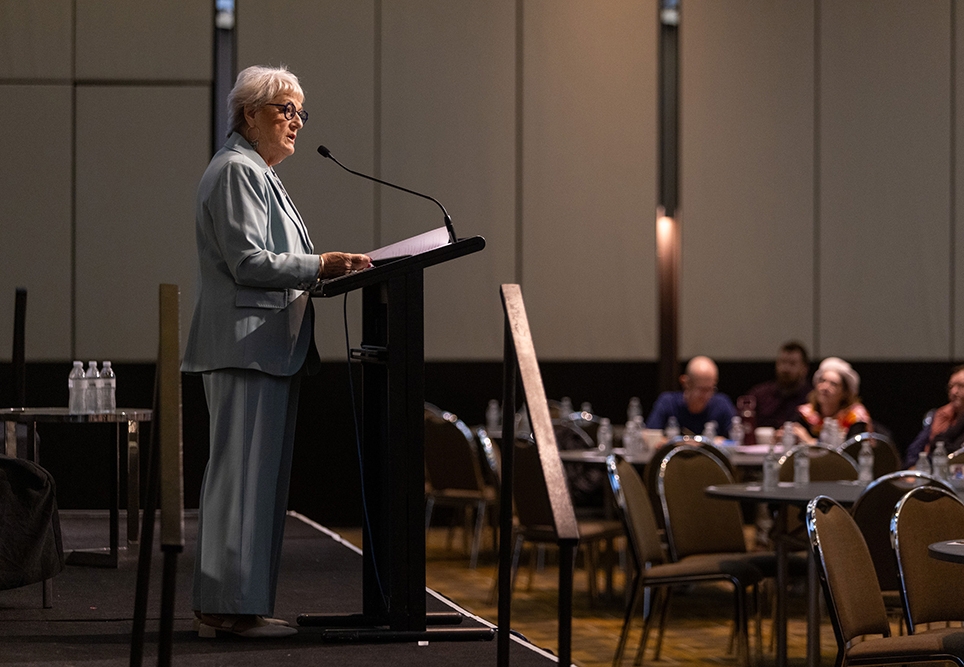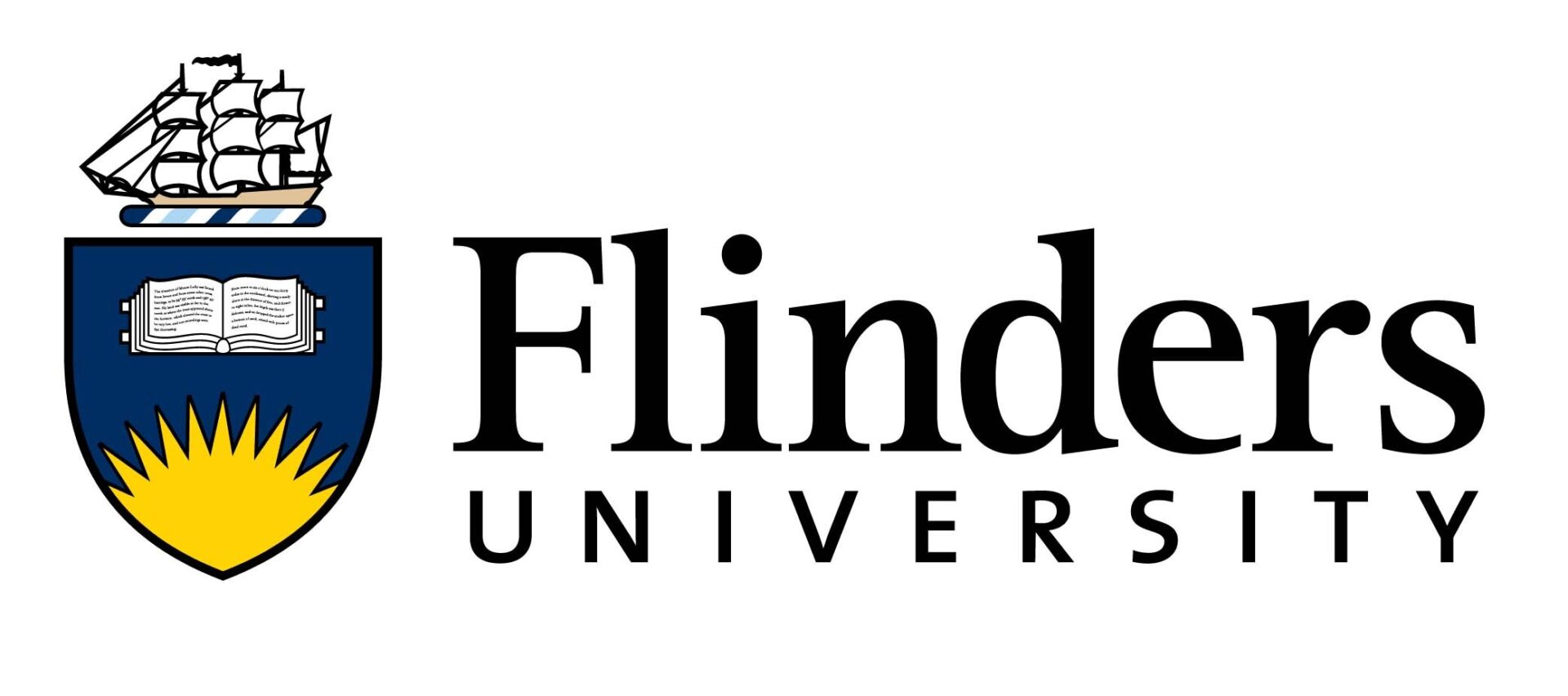
Dr McCullough is a lecturer based at Edith Cowan University in Perth, who has published seven academic articles and counting on remote health. In 2018, she completed her PhD thesis, which established a framework of remote area nursing practice.
For McCullough, it all started when she graduated as a Registered Nurse in 1995, lived in New Zealand for a few years, and then arrived in Kakadu National Park looking for a nursing position.
“I literally just turned up, not knowing anything, went to the clinic and said, ‘Can I have a job?’” she explains.
“The answer was, ‘Well, no, you don’t know what you’re doing here. But you can work as medical receptionist for a few months.’
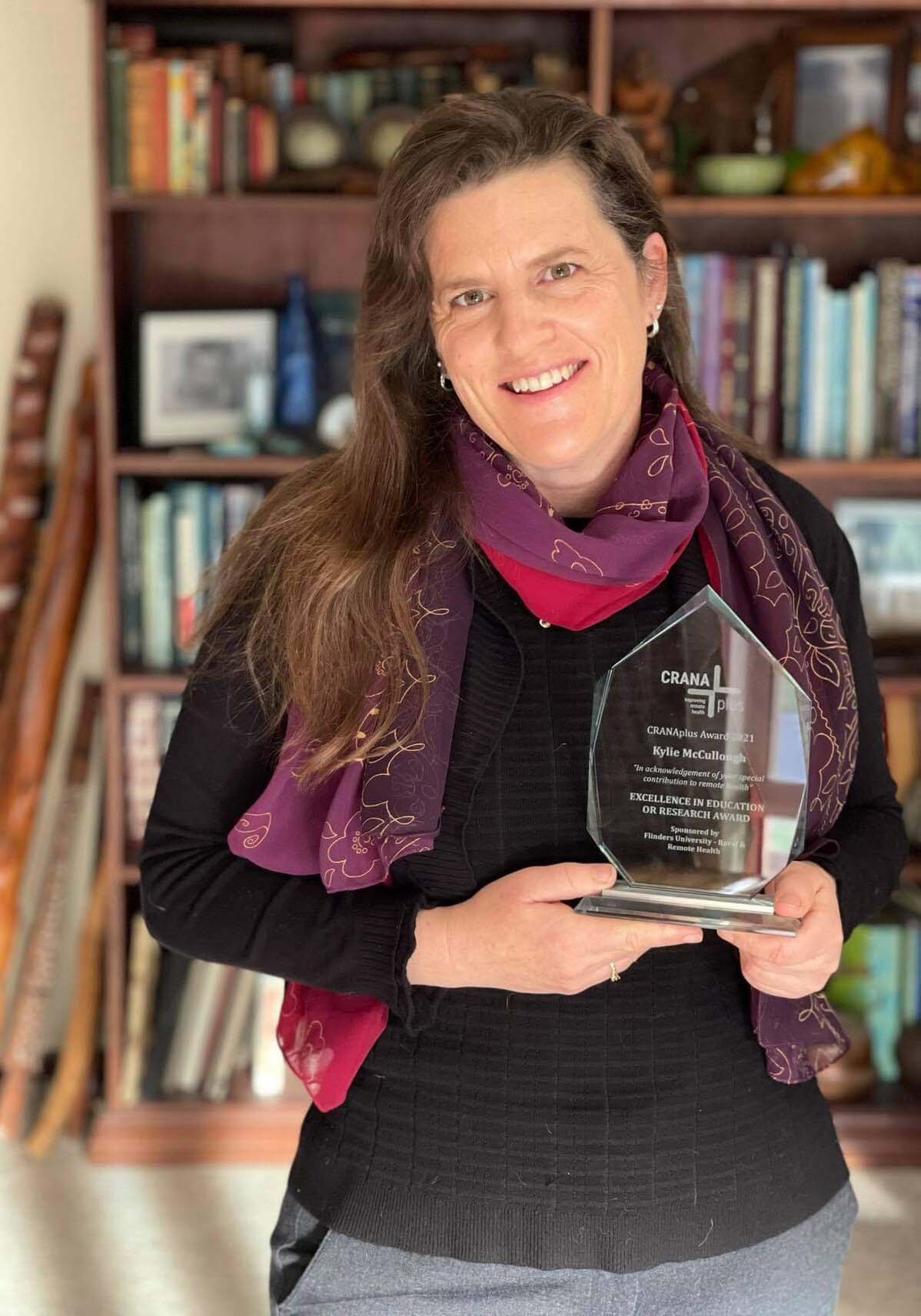
“During that time, I read the CARPA manual continuously at my desk, attended every training opportunity, and spent more time in the clinic rooms and hanging round with other staff than answering the phone.
“I was fortunate because I ended up in a clinic where there was a really stable, experienced team of nurses and midwives and even a couple of GPs. When a vacancy did come up, they agreed as a team they’d be prepared to mentor me and put in whatever support they needed to get me up to speed. I feel eternally grateful.”
Dr McCullough went on to spend three and a half years working in the clinic, attaining the position of clinical manager. She says she learned so much and “not just clinical stuff, but about myself, my own capacity to deal with the unknown – because that is a characteristic of remote area nursing.”
Inspired by firsthand experience
After moving to Perth and becoming a mother, Dr McCullough began looking for a research project.
“My mentor at the time asked: ‘What was your biggest concern when you were out bush?’” she says. “I said personal safety. In the community there had been a number of violent incidents and I felt unsafe and somewhat traumatised, knowing it was happening out in the community, even if not happening directly to me.”
That was the inspiration for her first publications and since then, she has transitioned onto other topics informed by her own experiences and the experiences of the RANs she regularly talks with.
“I felt that when I was working out bush that most people didn’t have any idea what RANs actually do,” she says. “They couldn’t comprehend the level of responsibility, the complexity of the decision making, the importance of building relationship with communities, and the whole idea of living in a community that you’re actually working with as well.”
“Communities, employers, other nurses and Australians at large really need to under stand, value and recognise the contribution nurses are making to the health and wellbeing of communities, and the advanced practice nature of what they’re doing.”
“If we knew that, we would support people more and provide better incentives for going out bush. Our communities would value nurses a bit more – and that’d make a difference to remote health.”
Research findings bearing out subjective experience
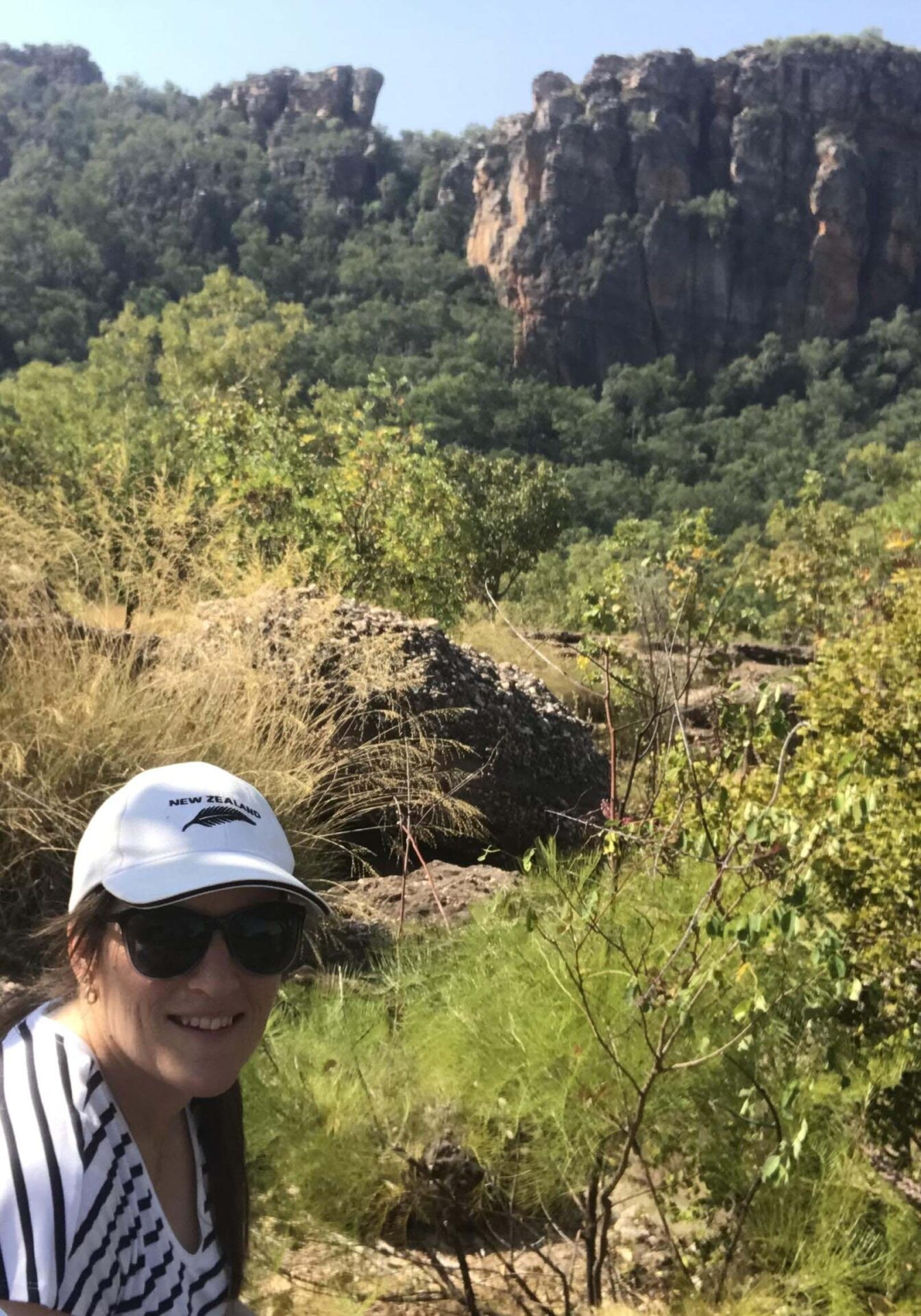
Dr McCullough says that if remote area nurses read her 2018 thesis, titled The delivery of Primary Health Care in remote communities: A Grounded Theory study of the perspective of nurses, they would hopefully feel a sense of recognition.
“What I was trying to do was present a model or framework for other people to understand what it is that RANs do,” Dr McCullough says.
“Hopefully RANs would read that work and say, ‘oh, yeah, that’s what I do’. And people who are not RANs will hopefully say, ‘oh, wow, there’s actually a lot to what they do.’”
“If you publish something that’s evidence based then it can be disseminated and used in a much more constructive way than a story, because there’s this rigour around the way it’s collected and presented.”
Dr McCullough says, building upon the framework established through her PhD, she now has six other research projects going, and five PHD students making contributions to the rural and remote research body of knowledge.
McCullough’s research program is now mostly exploring the idea of how we can measure the quality and safety of nursing practice in rural and remote areas, she says.
The importance of participating in research
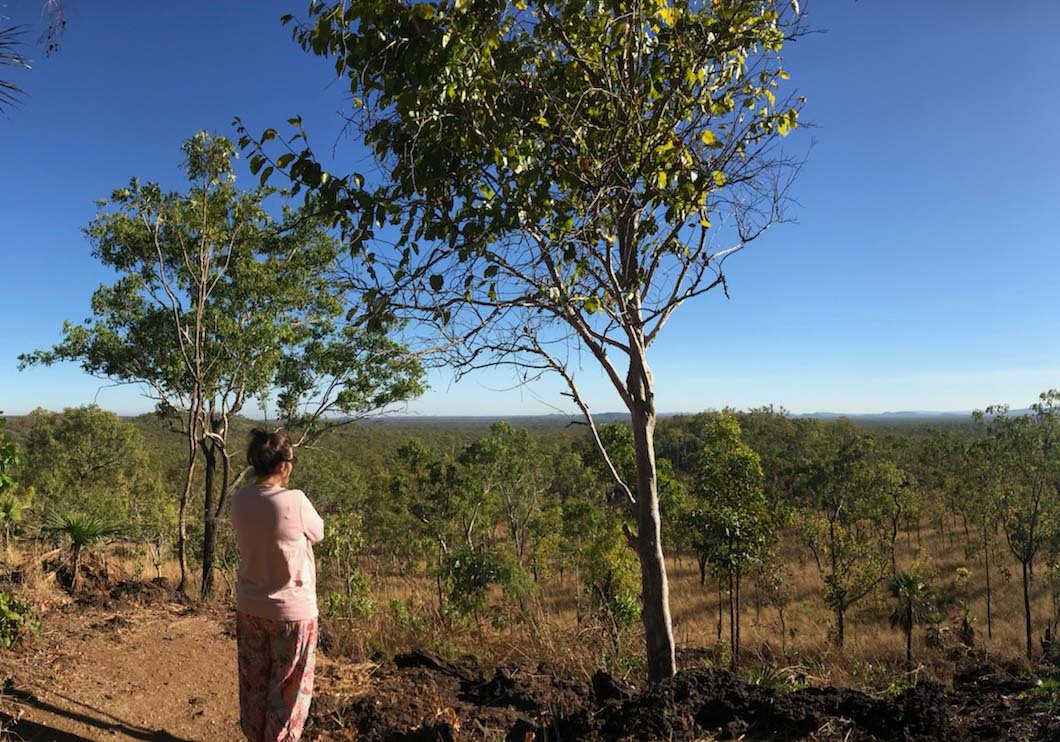
Dr McCullough appreciates the obstacles to RANs participating in research, but says that when they do participate, they make a huge difference.
“They’re under a lot of pressure, with a lot of work and things to do,” she says. “But when they participate in research, answer surveys, or agree to be interviewed for research purposes, they’re actually contributing to change.
“We need the evidence that’s coming from the people who are out there at the coalface doing the work.
“Yes, they’re just one person completing that survey, but when everyone does it, then we have some strong evidence and that makes it easier to argue the case for RANs. People pay attention to journal articles and research findings; people all over the world. In Canada in particular, they reference our work on what RANs are doing in Australia – so it has a global impact.”



